
How Imprisoned People Forced to Pick Cotton Got ‘Prison Slavery’ Bans on the Ballot
On Election Day, voters in Alabama, Louisiana, Oregon, Tennessee, and Vermont will decide whether to close loopholes in their state constitutions allowing the forced labor of incarcerated people.
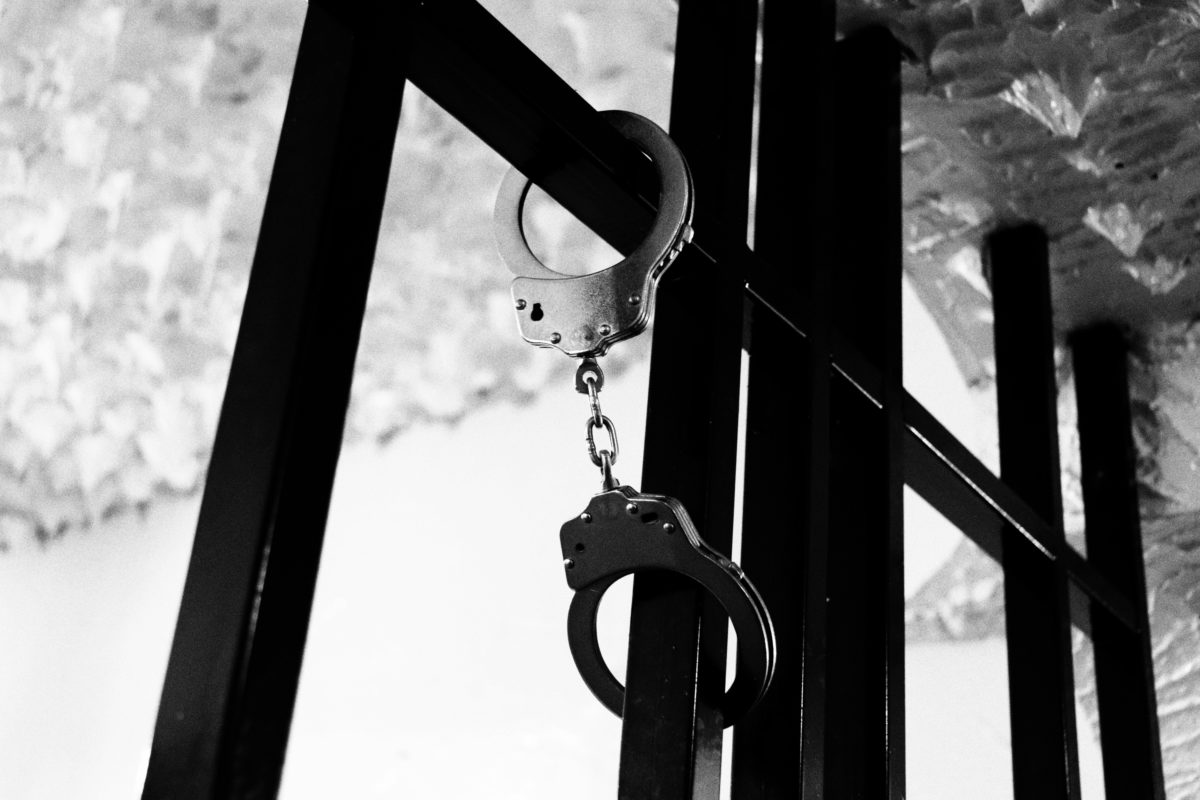
Bail Reform Helps Countless People. Why Don’t We Hear More of Their Stories?
Personal narratives can help the public understand the benefits of bail reform, but telling these success stories presents its own share of challenges.
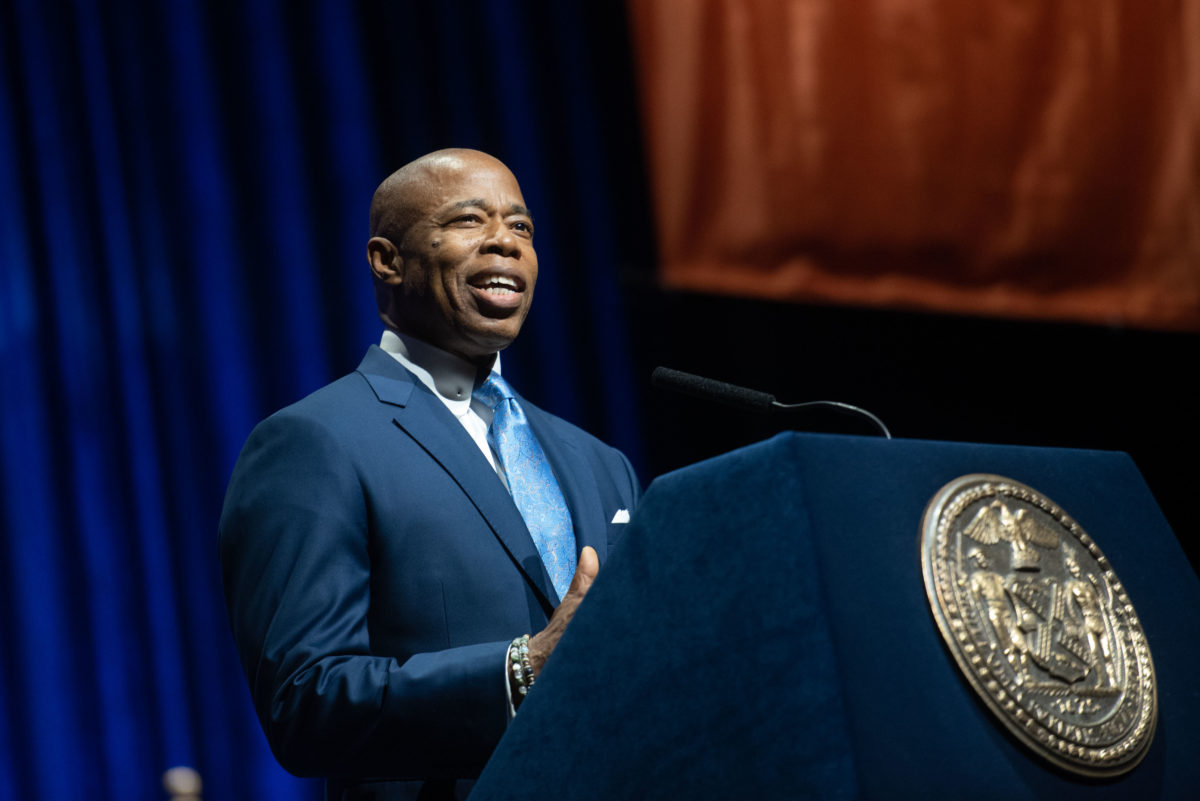
It’s Time to Take a Clearer Look at Bail Reform
In the raucous debate over bail reform, simple facts have fallen out of sight.

Why New York Jail Populations Are Returning to Pre-Pandemic Levels
After the state rolled back a progressive bail law, data from the Vera Institute of Justice suggests judges are ordering more people be held in jails, amid continued worry over COVID-19.
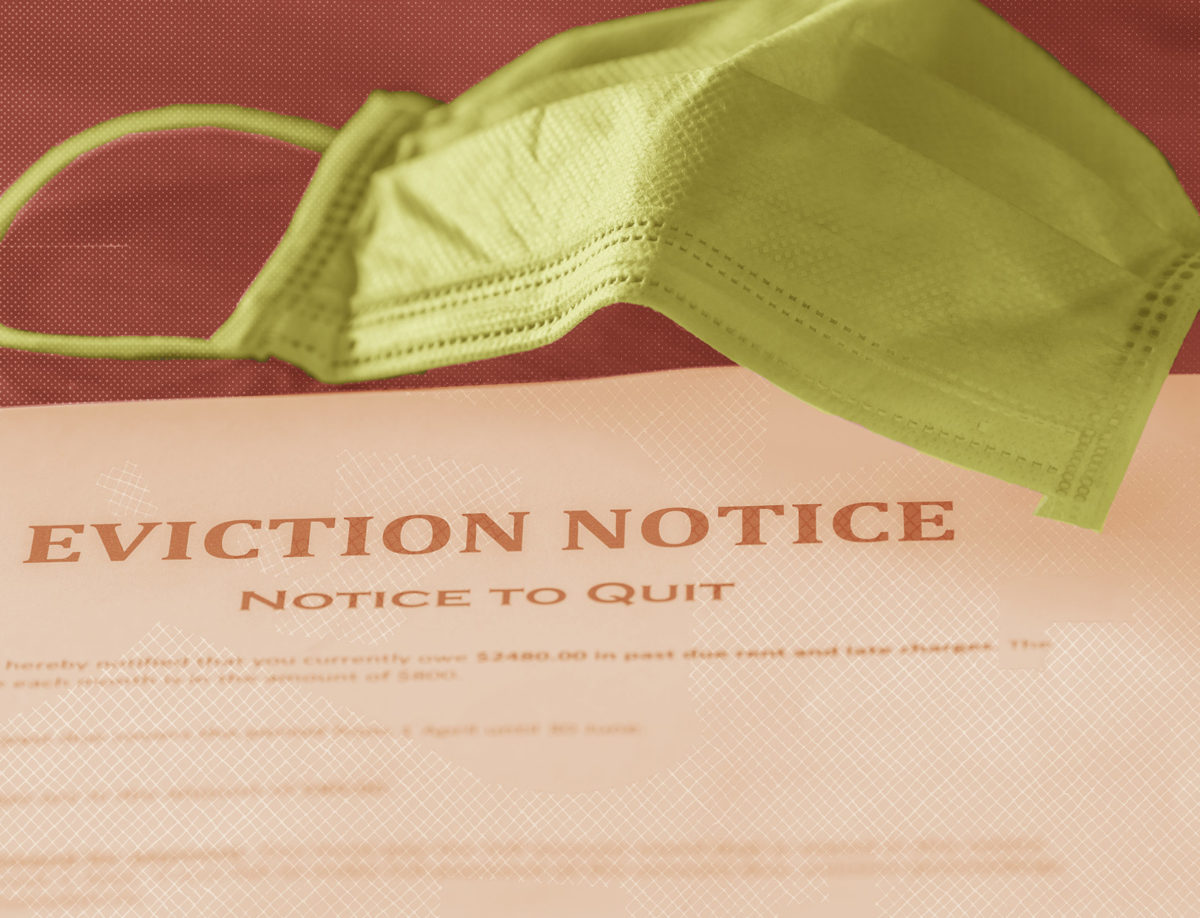
The Movement to Guarantee Legal Help for Struggling Renters Is ‘Taking Root’ in Connecticut
Only 7 percent of tenants in the state have legal representation in eviction proceedings. A bill in the Connecticut house is trying to change that.
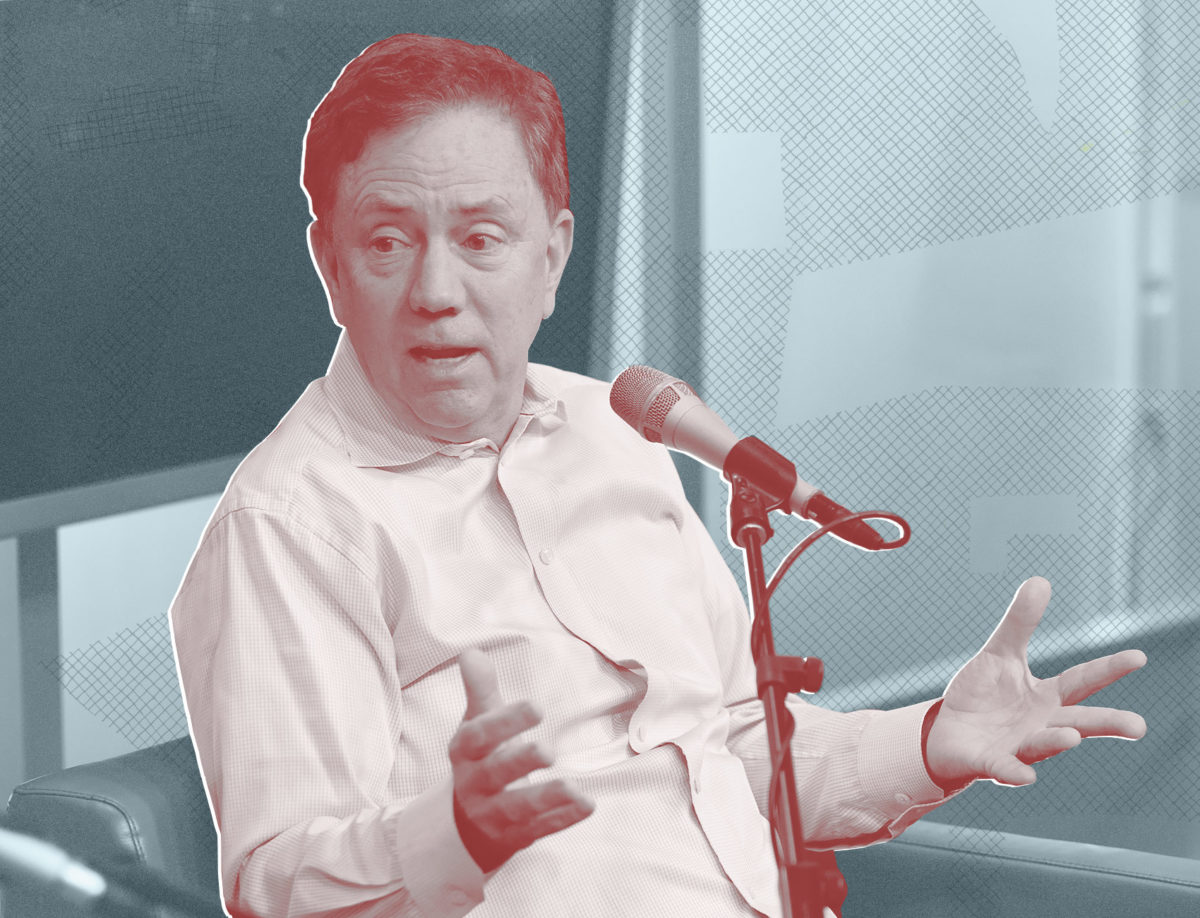
COVID-19 Is Still Here But Connecticut’s Sympathy for Hardest Hit Renters Has Run Out
The governor has rolled back eviction protections for those struggling most to pay rent.
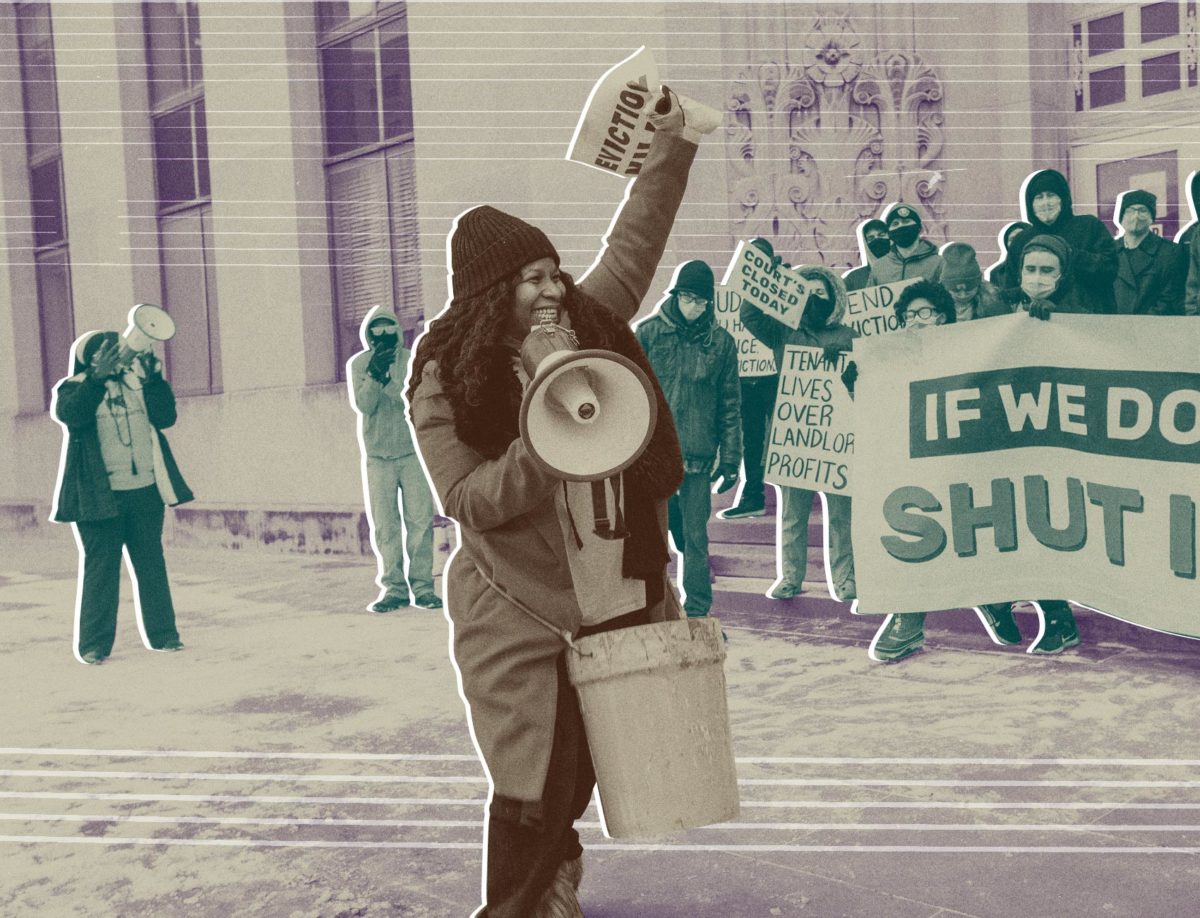
The Housing Justice Group Fighting to Put Power Back in Tenant Hands
KC Tenants has secured passage of a tenant “bill of rights” and successfully blocked hundreds of evictions through civil action in the Kansas City, Missouri area.
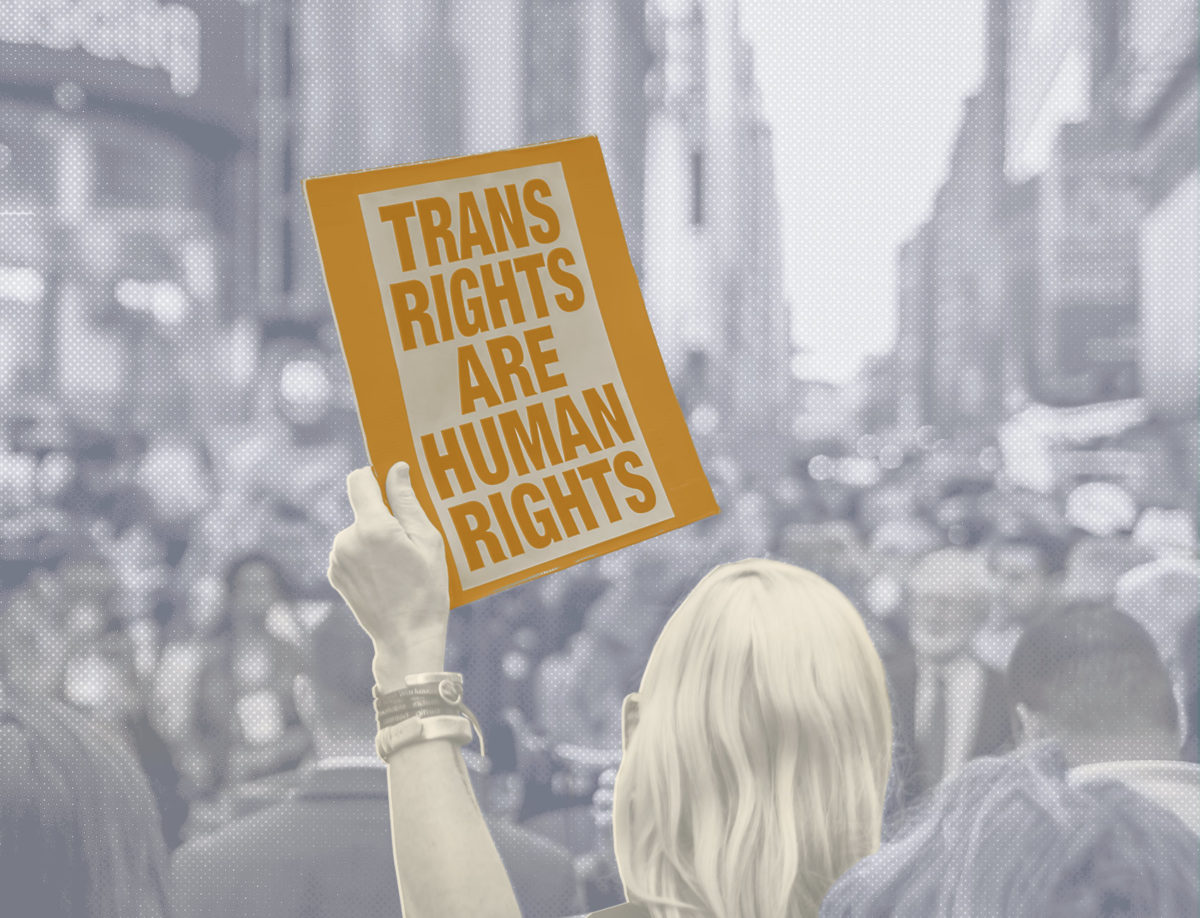
New York Moves A Step Closer To Decriminalizing Sex Work
After organizing to repeal the “walking while trans” ban, advocates in the state—and around the country—are looking ahead to the next fight.
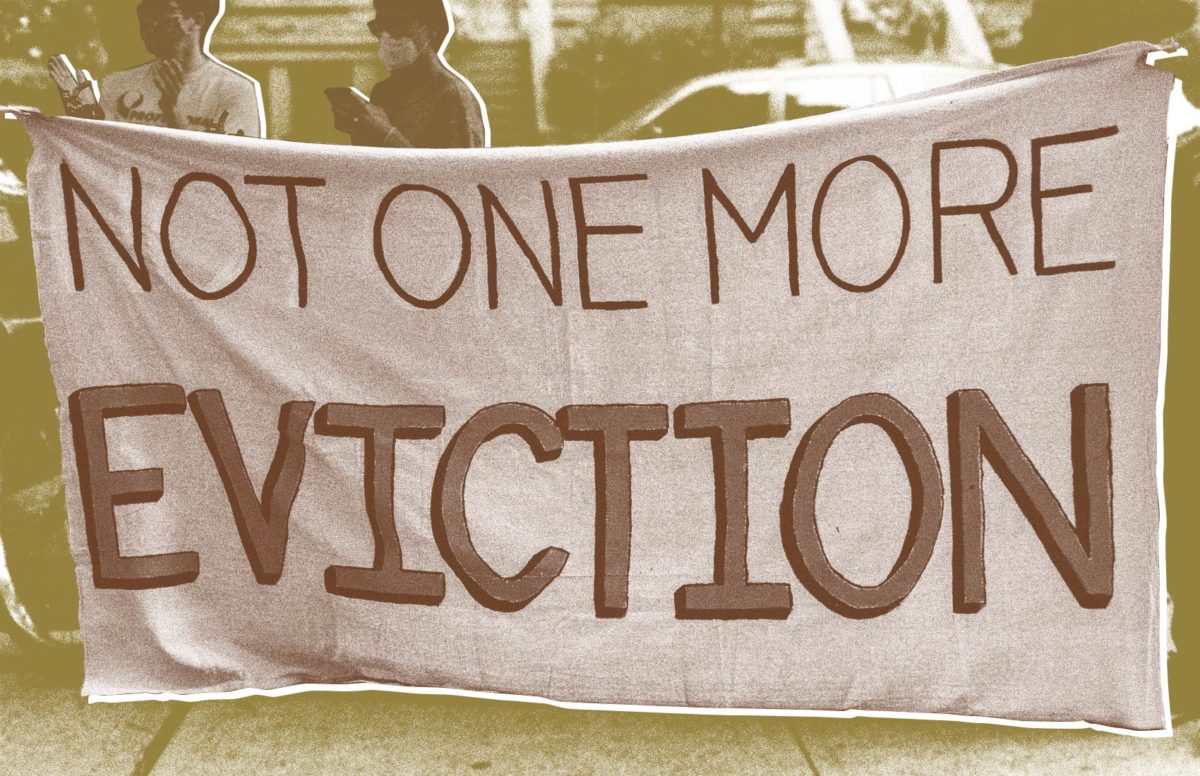
How Organizers Are Defending Against Evictions Amid a Pandemic
Tenants rights groups in Brooklyn, Kansas City, New Orleans, and elsewhere are using physical blockades and direct action to keep people in their homes.

The Financial Toll of COVID-19 Deaths
Organizations in New York City have stepped in to help families with funeral costs and related matters in communities hit hard by the disease, but their money and resources are strained.
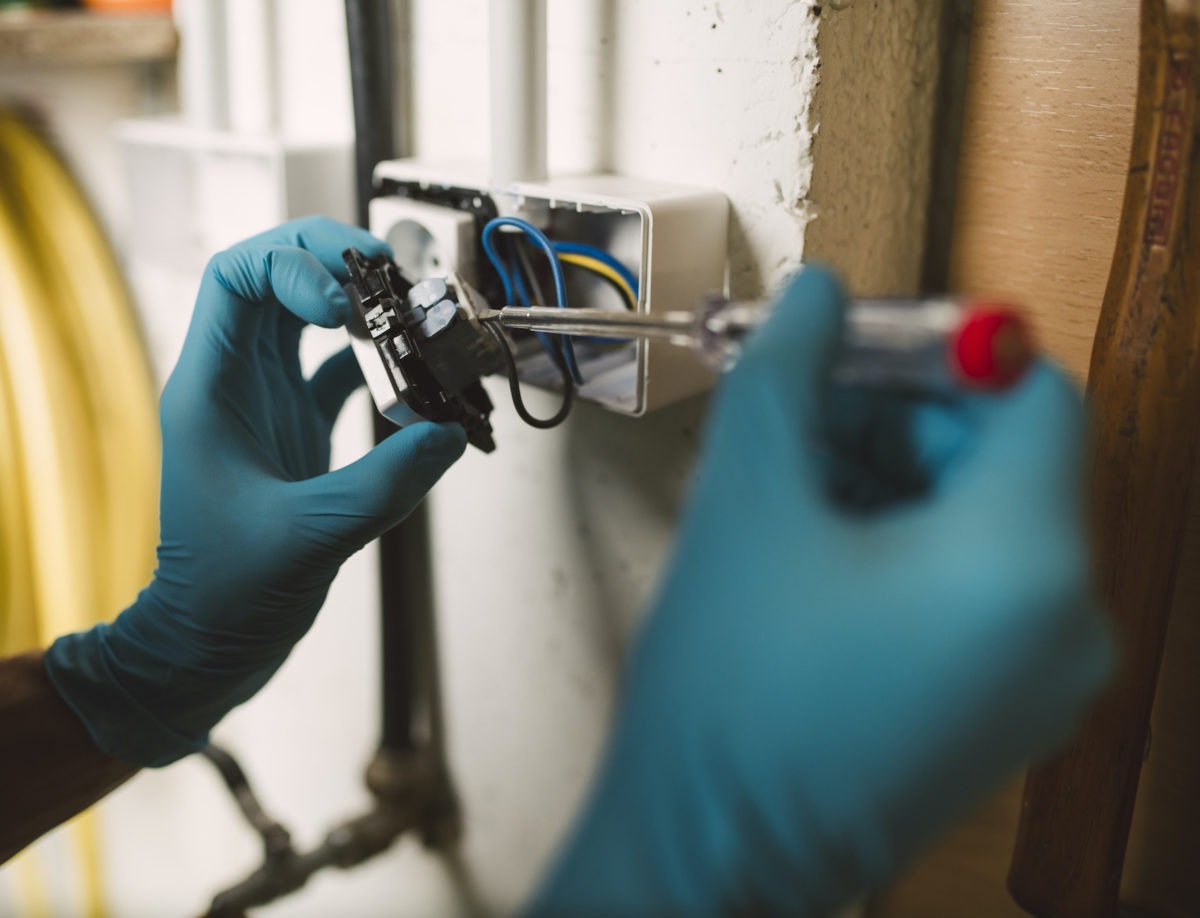
Formerly Incarcerated Businessowners Sue SBA For Denying Them COVID-19 Emergency Loans
The lawsuit says the Small Business Administration overstepped its authority by imposing ‘arbitrary and capricious’ restrictions on a loan program passed by Congress.

New York Legislators Pledge to Reject Campaign Donations From Law Enforcement
State Assembly members, senators, and city council members have said they will decline and donate funds from police and corrections officers as New Yorkers fill the streets to protest recent violence by law enforcement.
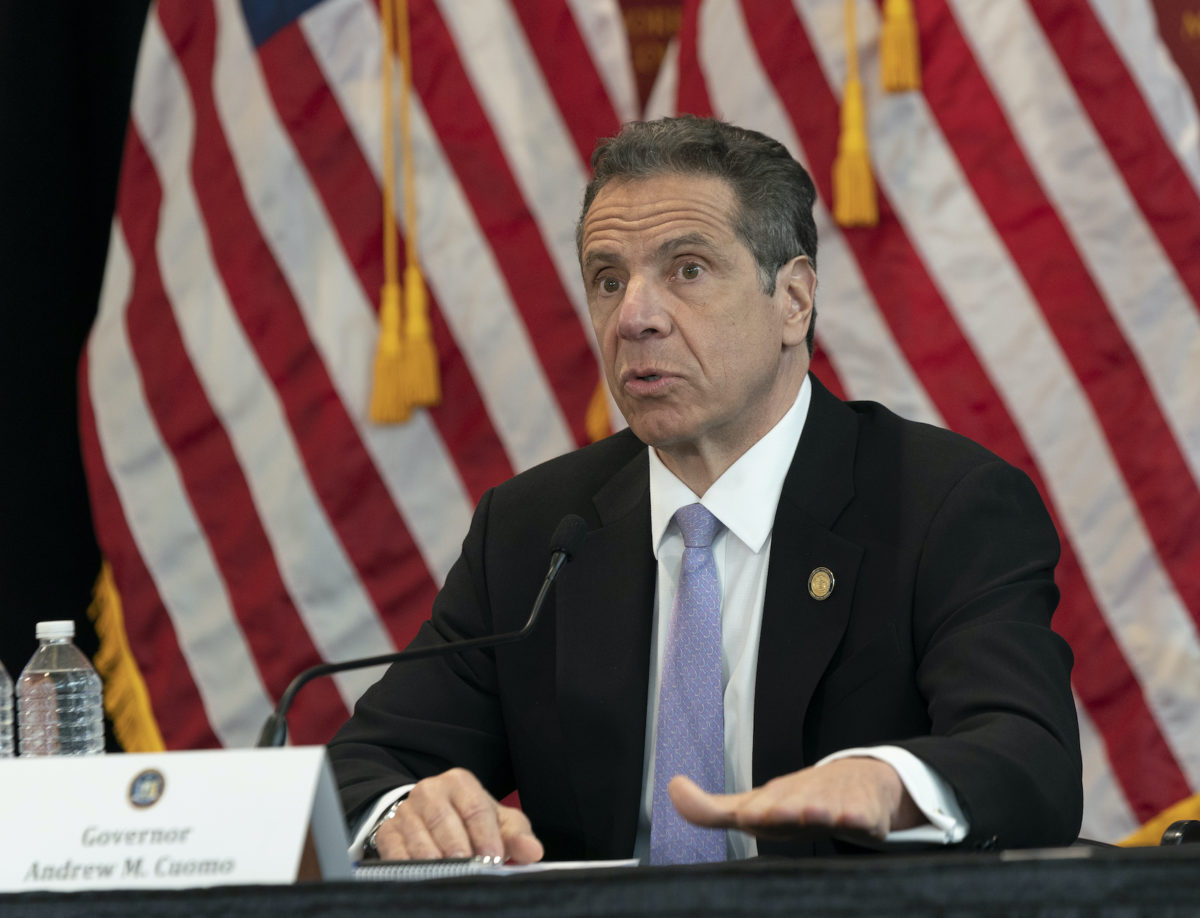
Advocates Push New York Governor for More Releases From Jails and Prisons
The governor’s requirements for release are too narrow in light of the threat from COVID-19, they say.
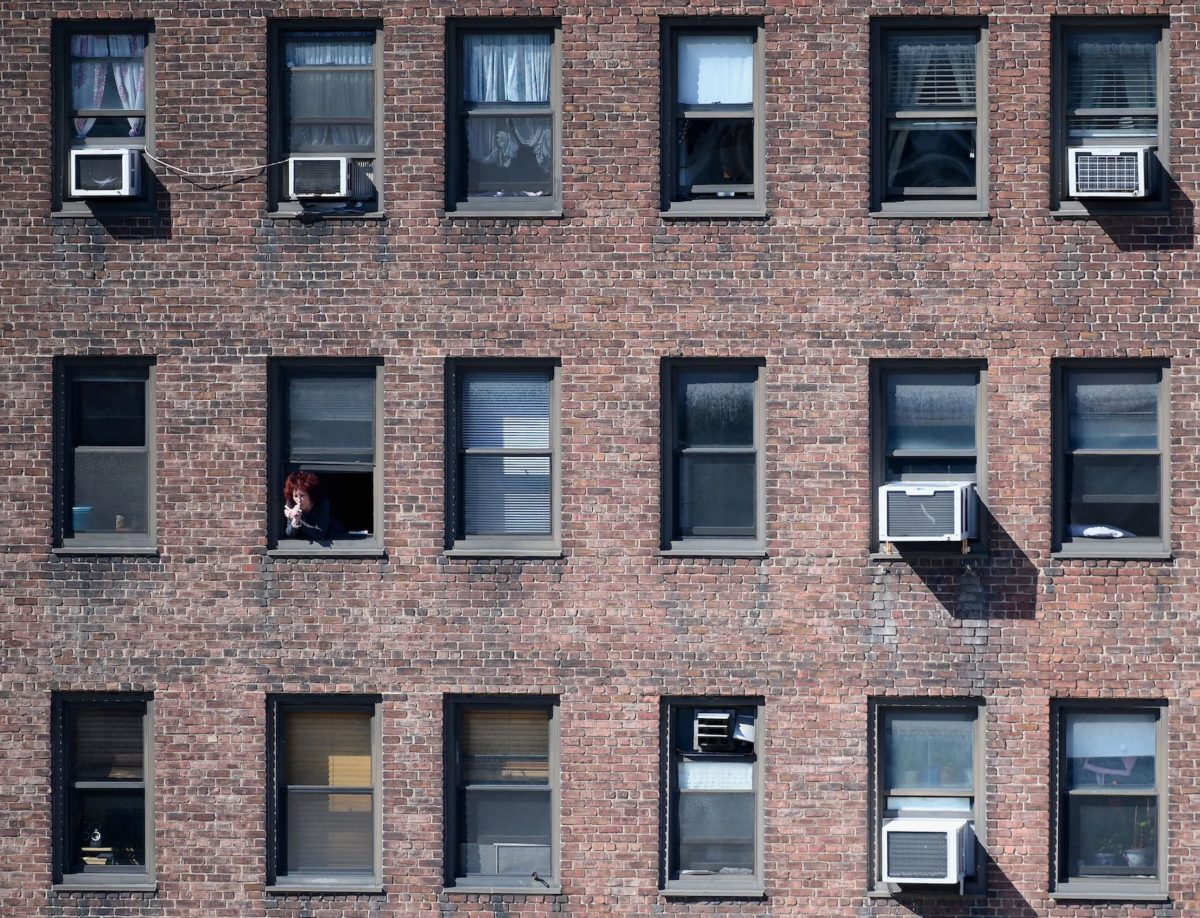
New York Lawmakers Push for Real Rent Relief Amid COVID-19 Outbreak
Their proposals move beyond Governor Andrew Cuomo’s 90-day eviction moratorium and call for suspending or forgiving rent payments longer term.
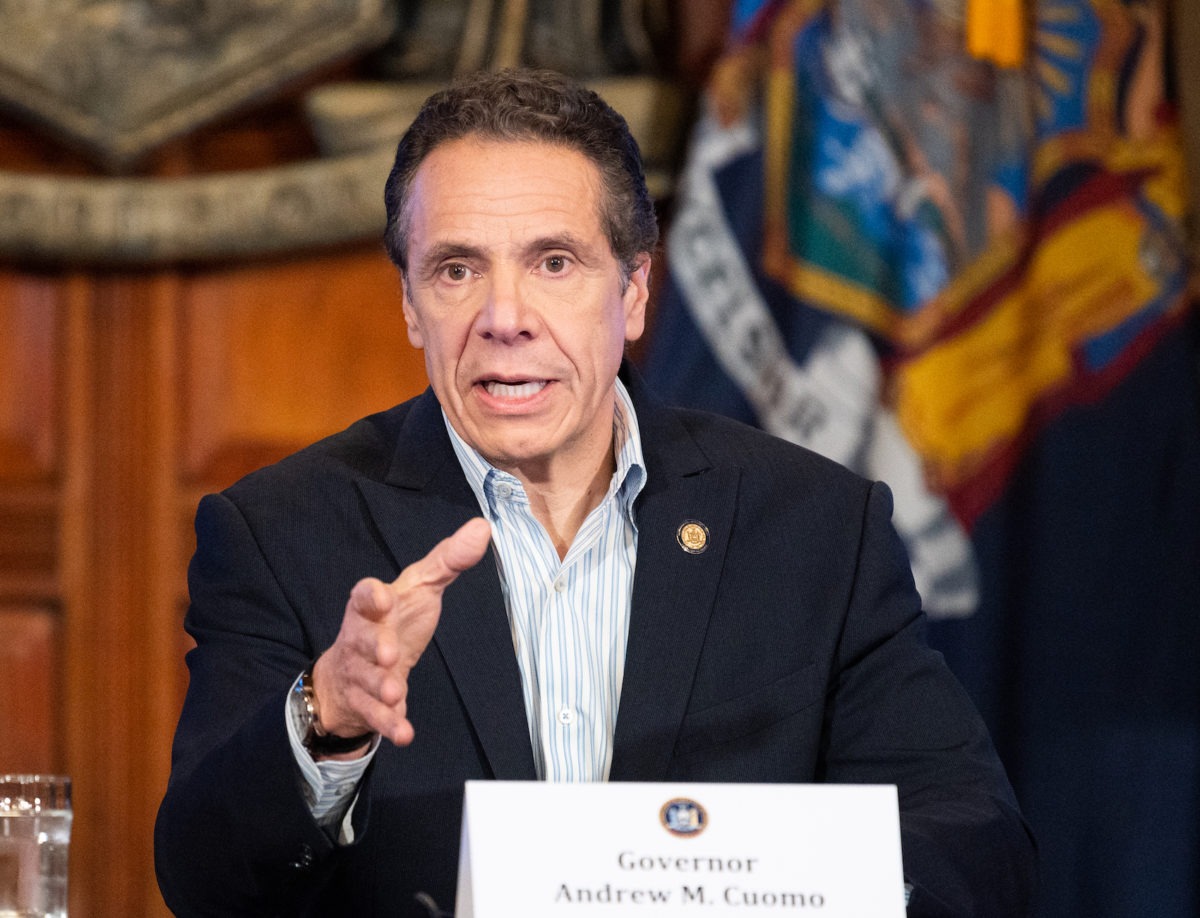
New York Retreats on Bail Reform Amid Coronavirus Outbreak
The state, which accounts for roughly one-third of all positive COVID-19 cases in the country, is facing a rapid spread of the disease in its jail and prison systems.

Pressure Builds on New York Governor To Address Coronavirus Impact on Prisoners
Andrew Cuomo, who recently announced the state would employ prisoners to make hand sanitizer, must prepare for the particular vulnerabilities of the state’s prison population to COVID-19, advocates say.
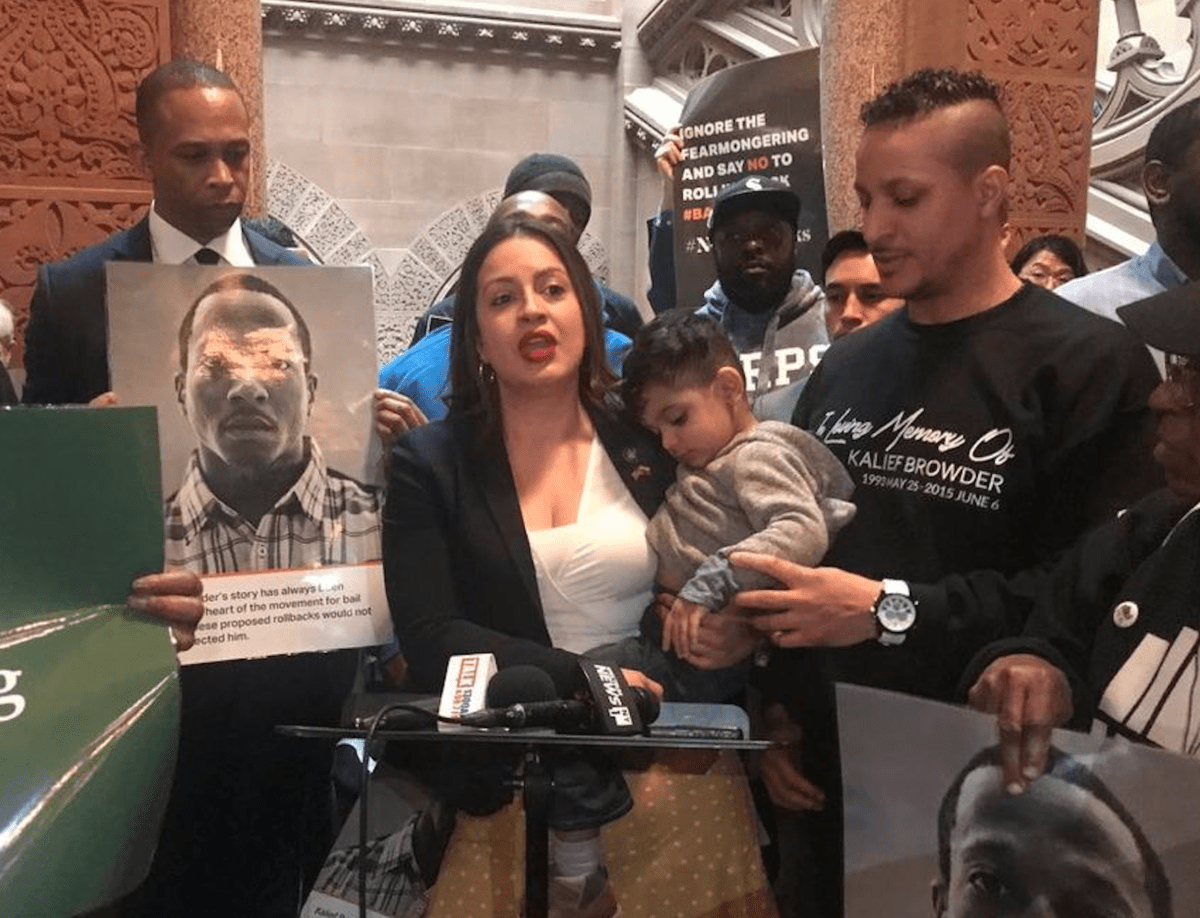
Protesters Rally in Albany to Oppose Bail Reform Rollback
Advocates, formerly incarcerated people, and lawmakers warned against overhauling the New York law before it has a chance to prove itself.
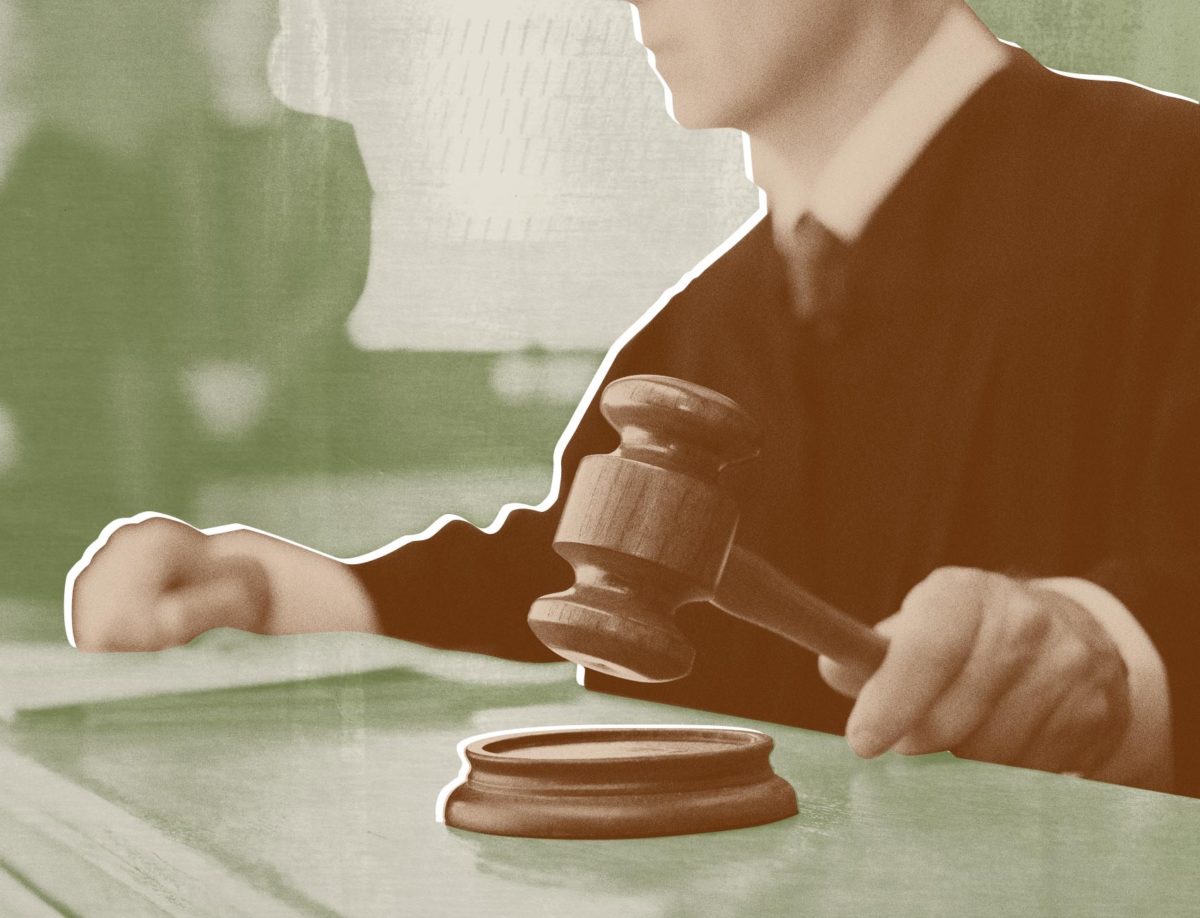
How New York’s Bail Reforms Are Playing Out in a Queens Court
Despite dire-sounding headlines, the state’s cash bail reforms are having a positive impact on the people they are meant to help.
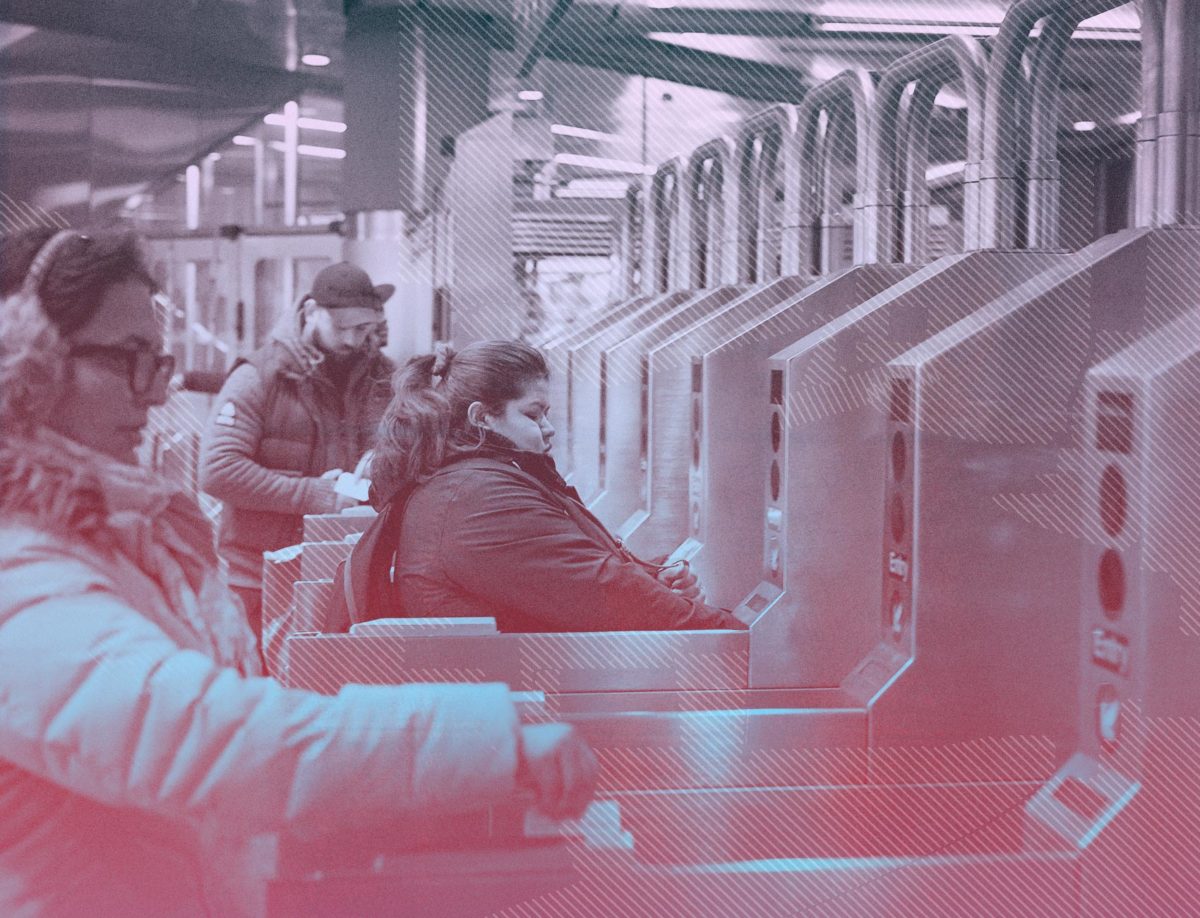
A Night in Jail Over $2.75
In 2017, the Manhattan district attorney pledged not to pursue criminal charges for subway fare evasion. Now the MTA is increasing the system’s police presence.
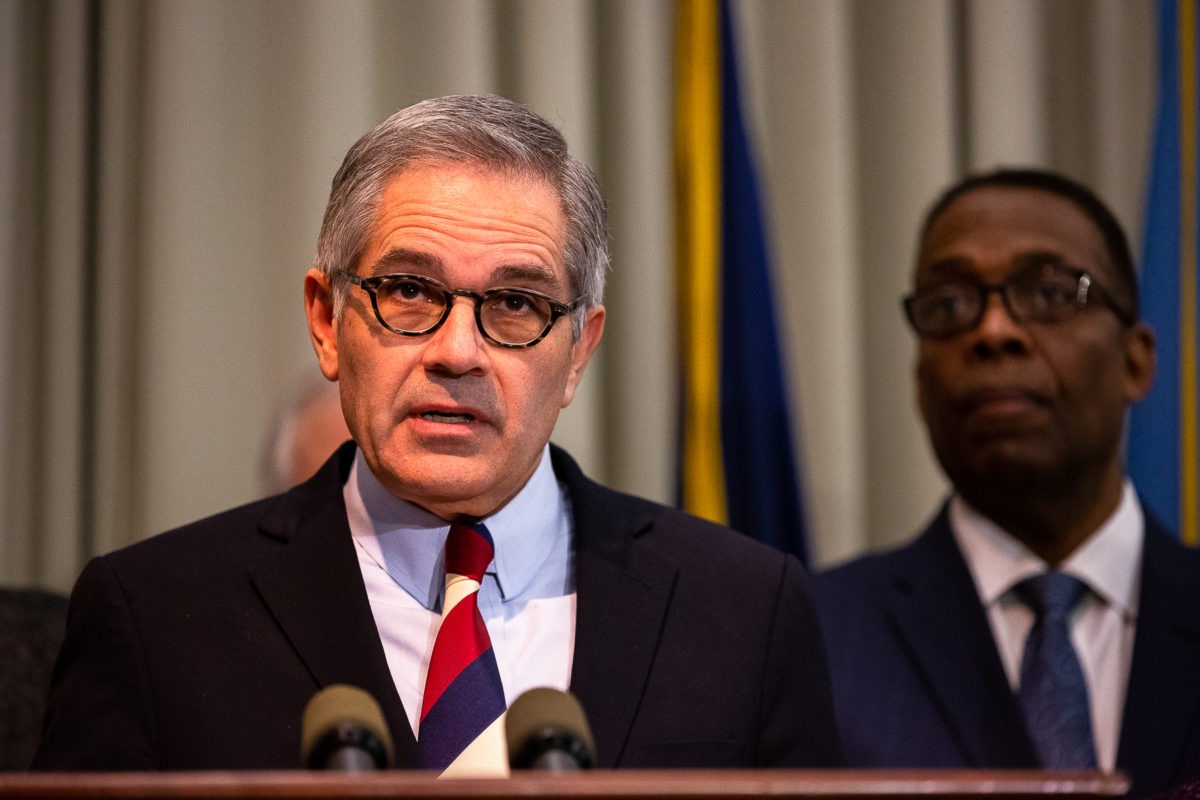
Progressive Philly D.A. Larry Krasner’s Bail Reform Plans Seem Stalled, Advocates Say
Krasner’s office acknowledges ‘there’s room to move forward and do more.’

Video Hearings: The Choice ‘Between Efficiency and Rights’
Many jurisdictions across the country use video instead of holding bail hearings in person, a practice that often leads to dire consequences.
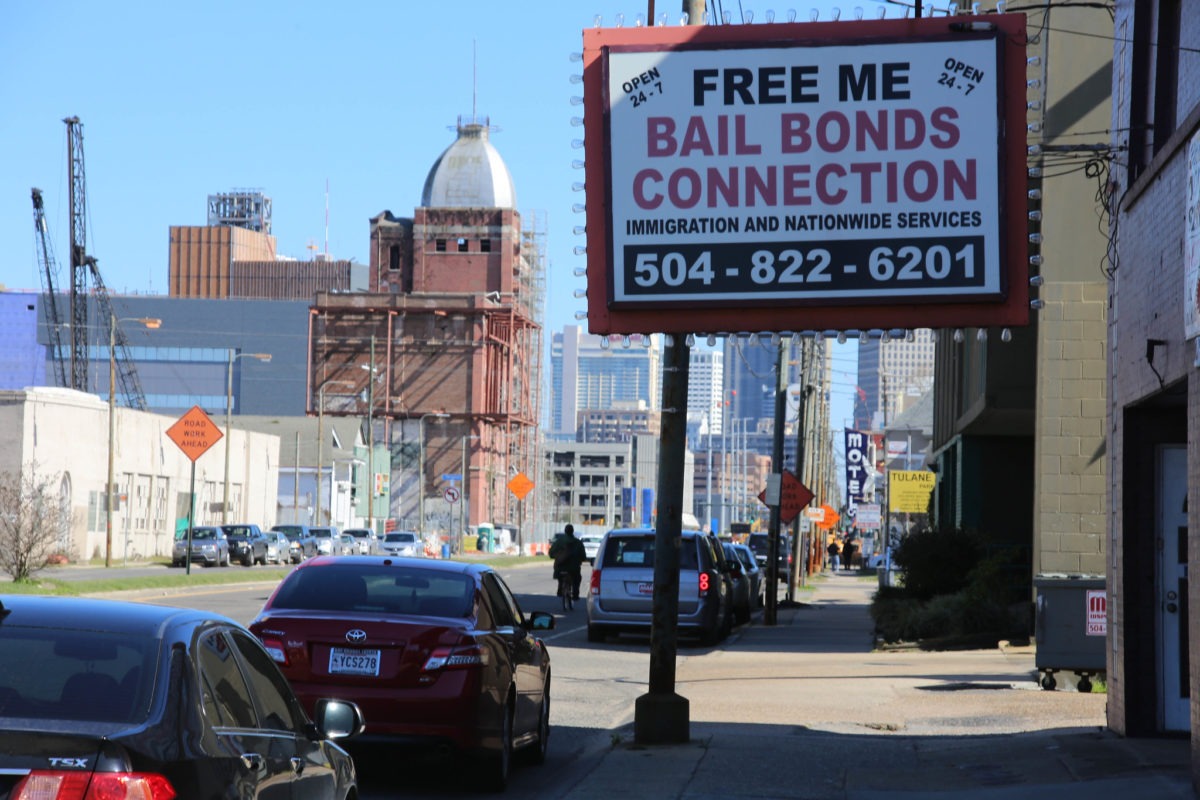
New Orleans Bail Companies Owed Millions In Illegal Fees. Now They May Get To Keep The Money.
The bail bonds industry was caught overcharging 50,000 families $6 million over 14 years, according to SPLC.
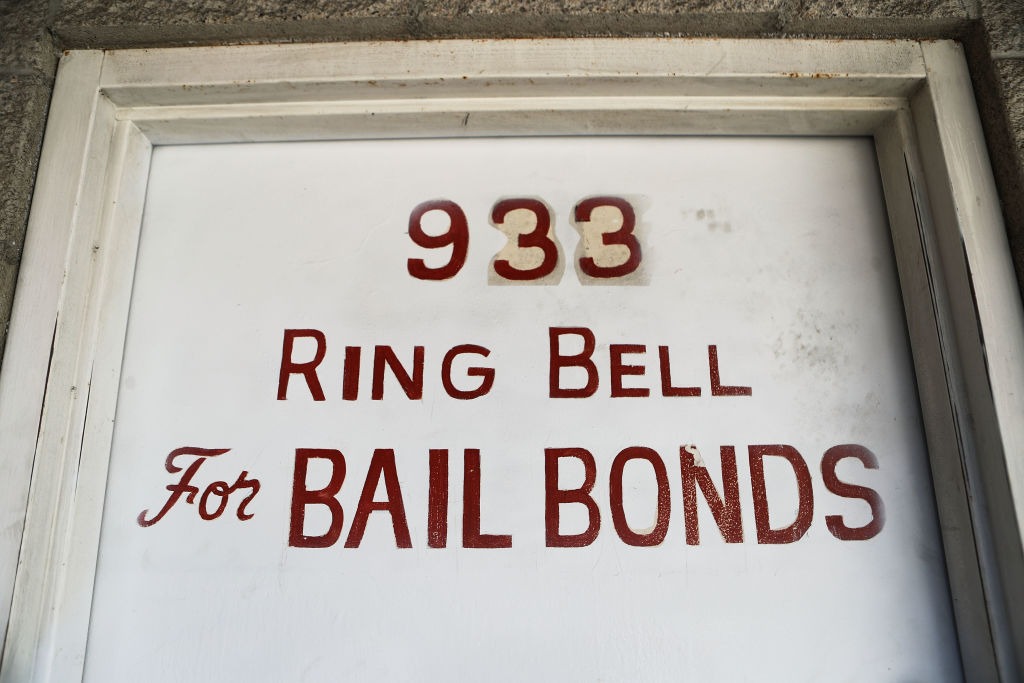
New York City Looks To Eliminate Hidden Bail Fees
As they await statewide action to eliminate cash bail, city councilmembers are looking for ways to reduce the financial burden on families of incarcerated people.
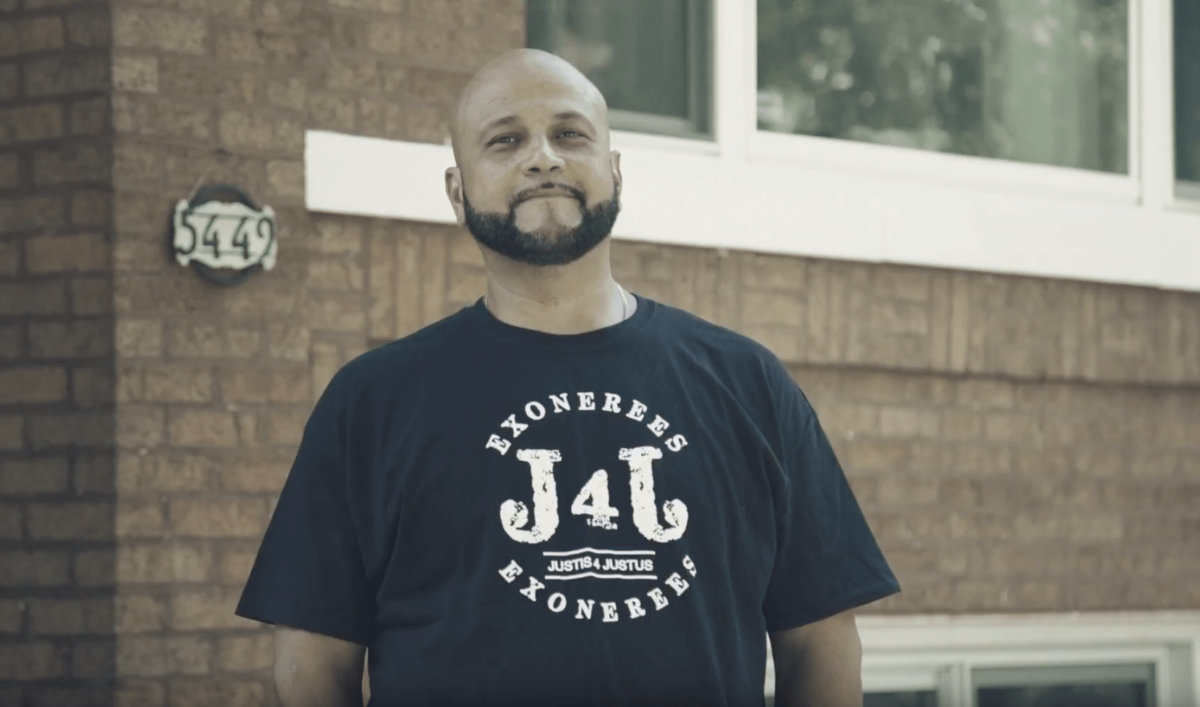
For The First Time, A Chicago Judge Could Lose His Seat For Being Too ‘Tough on Crime’
No Cook County judge has lost a retention election in 28 years.
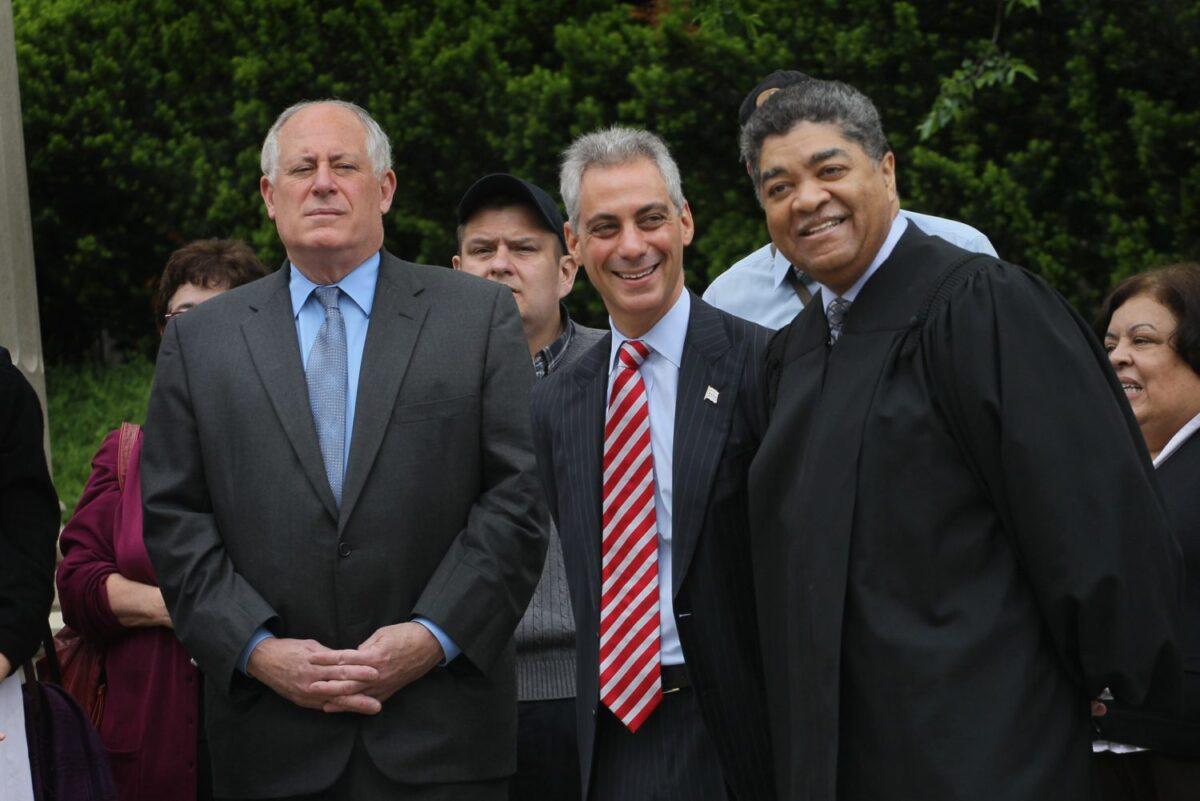
One Year After Cook County’s Bail Reform, Court Watchers Say Things Are Getting Worse
Judges are still setting bail at unaffordable levels, and more people are being held without bond.
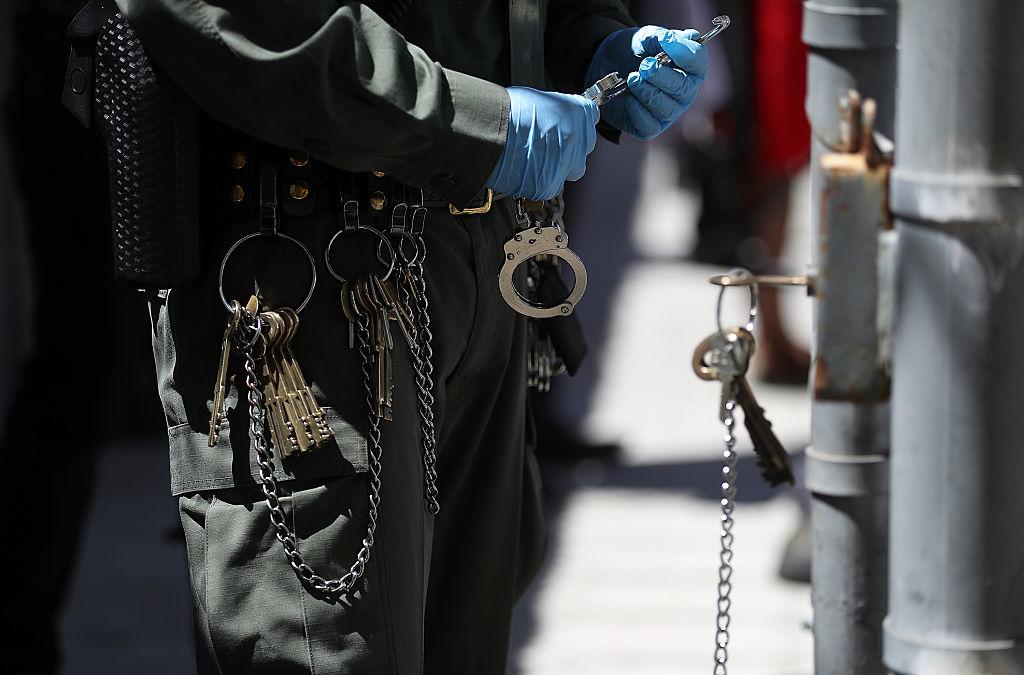
Activists Brace For Further Retaliation In The Wake Of The National Prison Strike
As media attention wanes, “this is the most dangerous period with any prisoner action,” one organizer said.

Angola Prisoner Says He Was Punished For Organizing Against ‘Slavery’
Ronald Brooks was helping plan a prison strike when he was abruptly transferred to a new prison hours away.
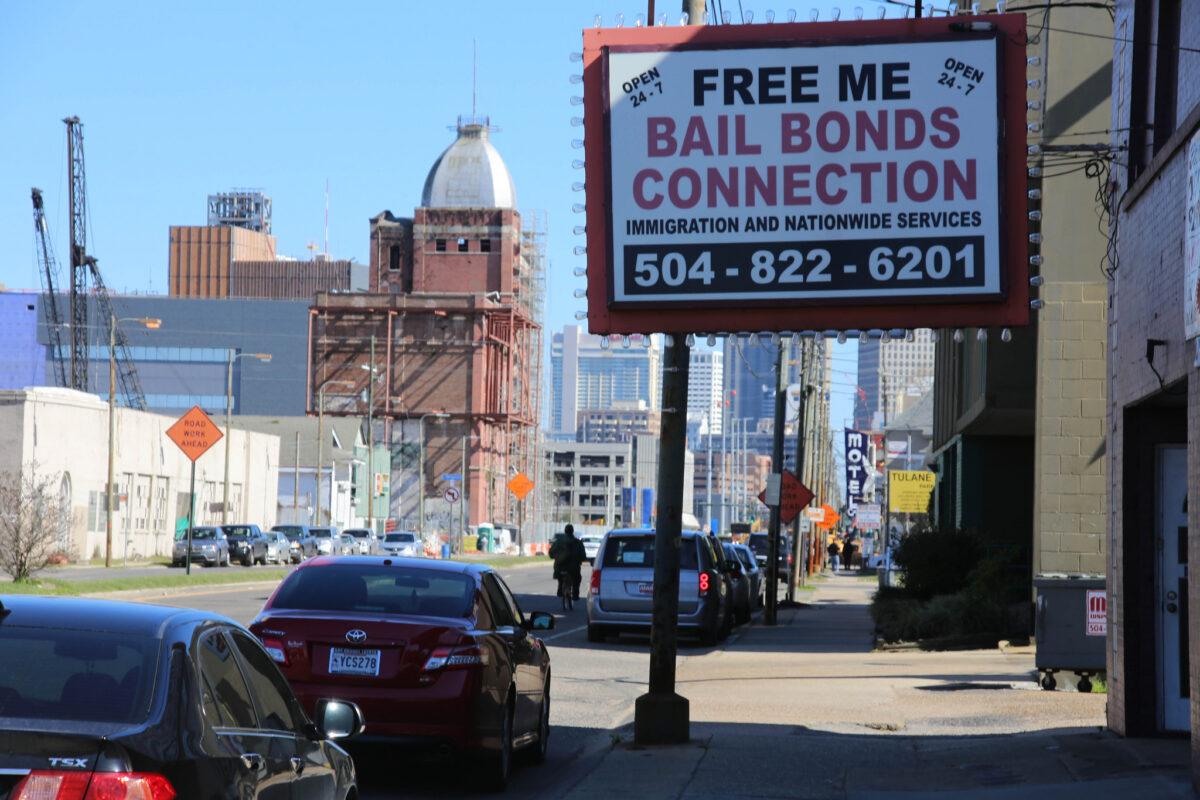
New Orleans Court Ordered To Stop Funding Itself On The Backs Of The Poor
The criminal court was funneling millions of dollars a year from poor communities.
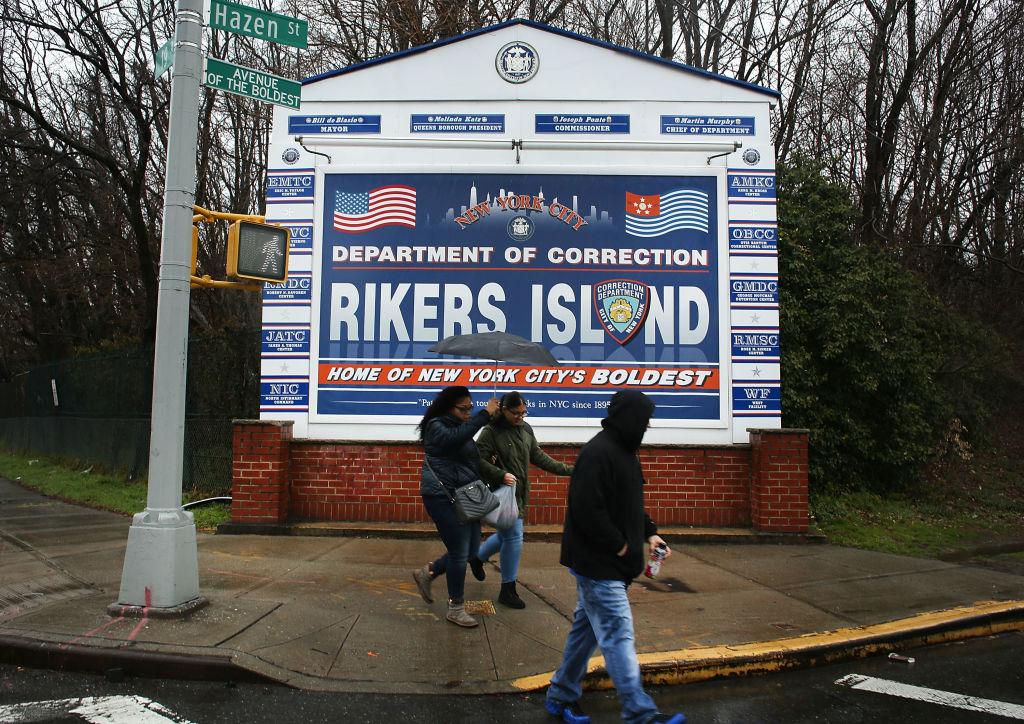
How Activists Convinced New York City To Stop Profiting Off Prisoners’ Phone Calls
News of the victory is spreading rapidly to other cities.
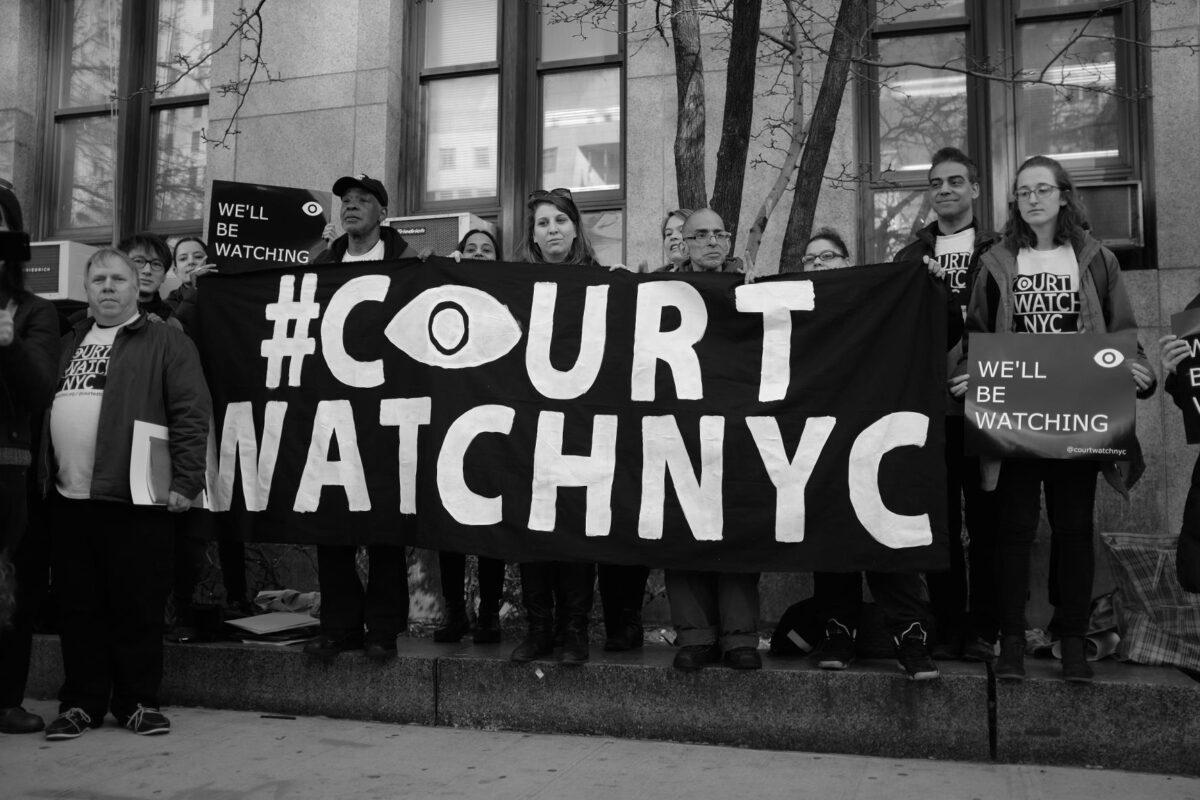
The Court Watch Movement Wants To Expose The ‘House of Cards’
Prosecutors and judges across the country are starting to feel eyes on them.
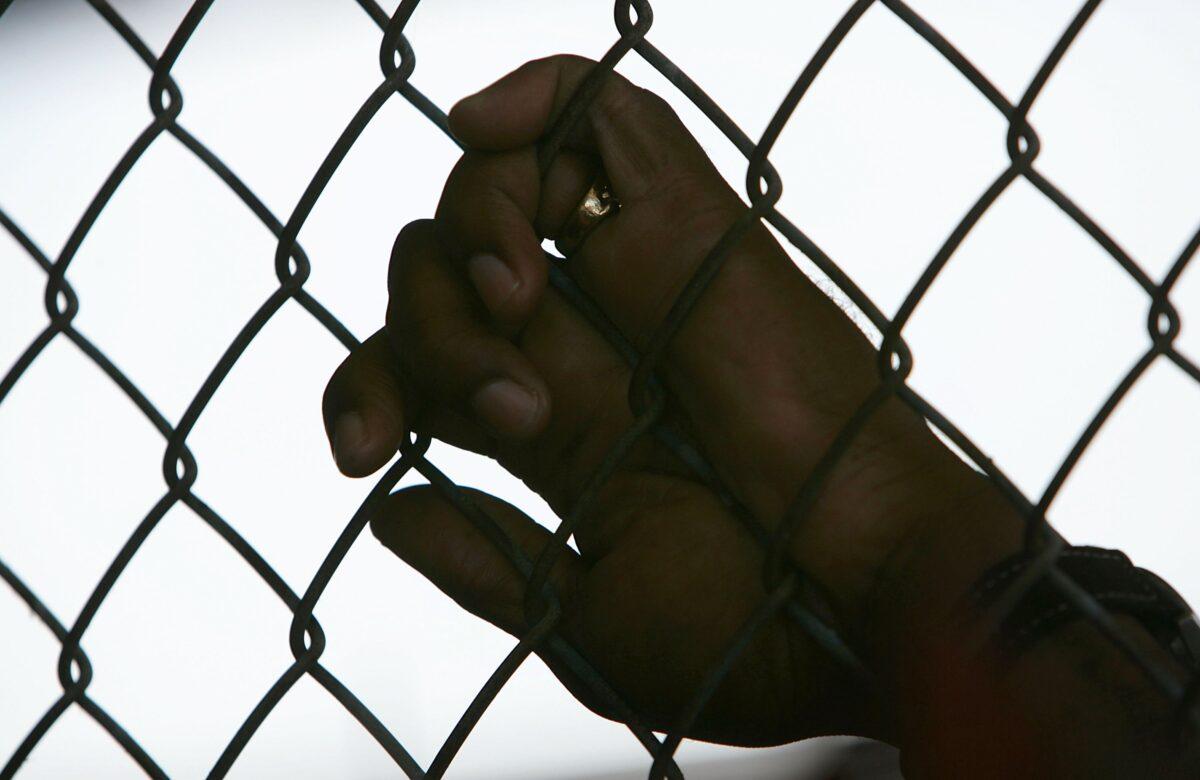
Louisiana Prisoners Demand an End to ‘Modern-day Slavery’
People incarcerated at Angola want opportunities for education instead of hard labor in the fields.

Houston Is Forcing Its Parolees Out of City Center and into ‘the Boonies’
Houston has come up with a new way to make life harder for people leaving prison on parole: by forcing the programs that provide them with housing, often paired with job placement and other services, to move outside the city limits. At the end of March, the city council approved an ordinance that imposes new regulations and […]
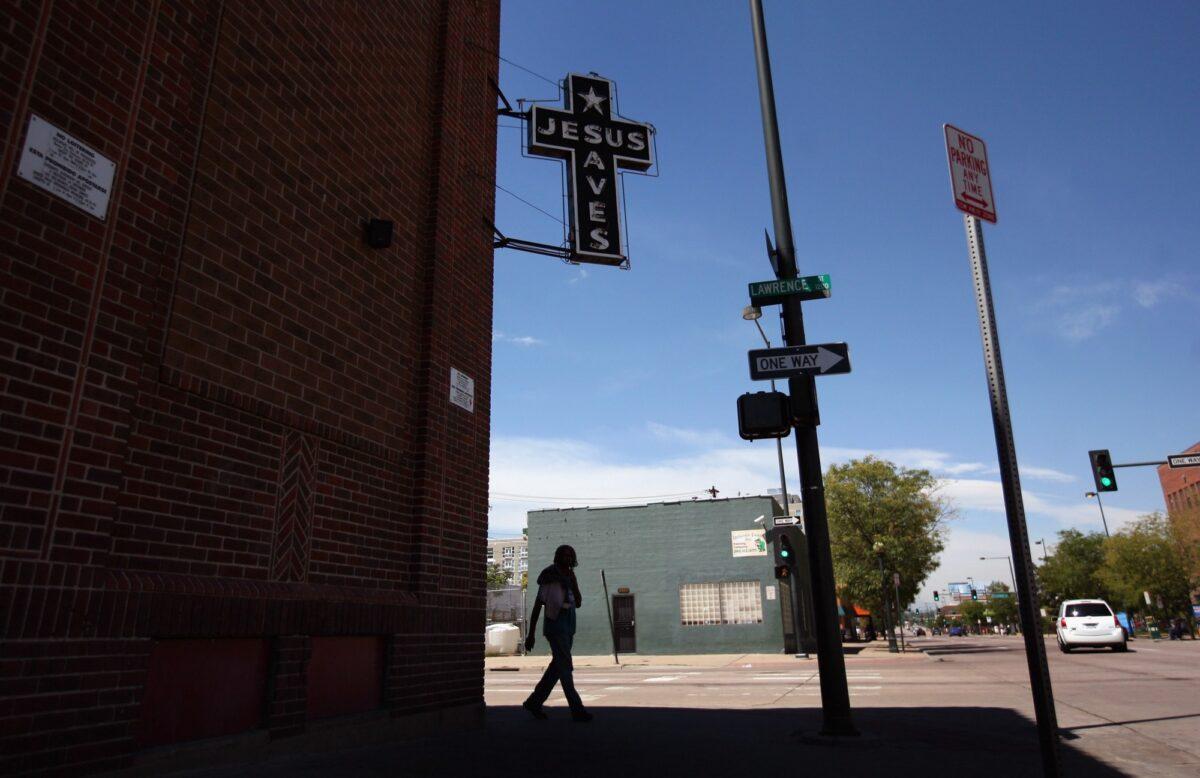
‘You’re Breaking the Law As Soon as You Stop Walking’: How Colorado Cities Criminalize Homelessness
“It’s illegal to stand still, it’s illegal to sit down, it’s illegal to lay down, it’s illegal to eat,” said Paul Boden, executive director of the Western Regional Advocacy Project. “You’re breaking the law as soon as you stop walking.”
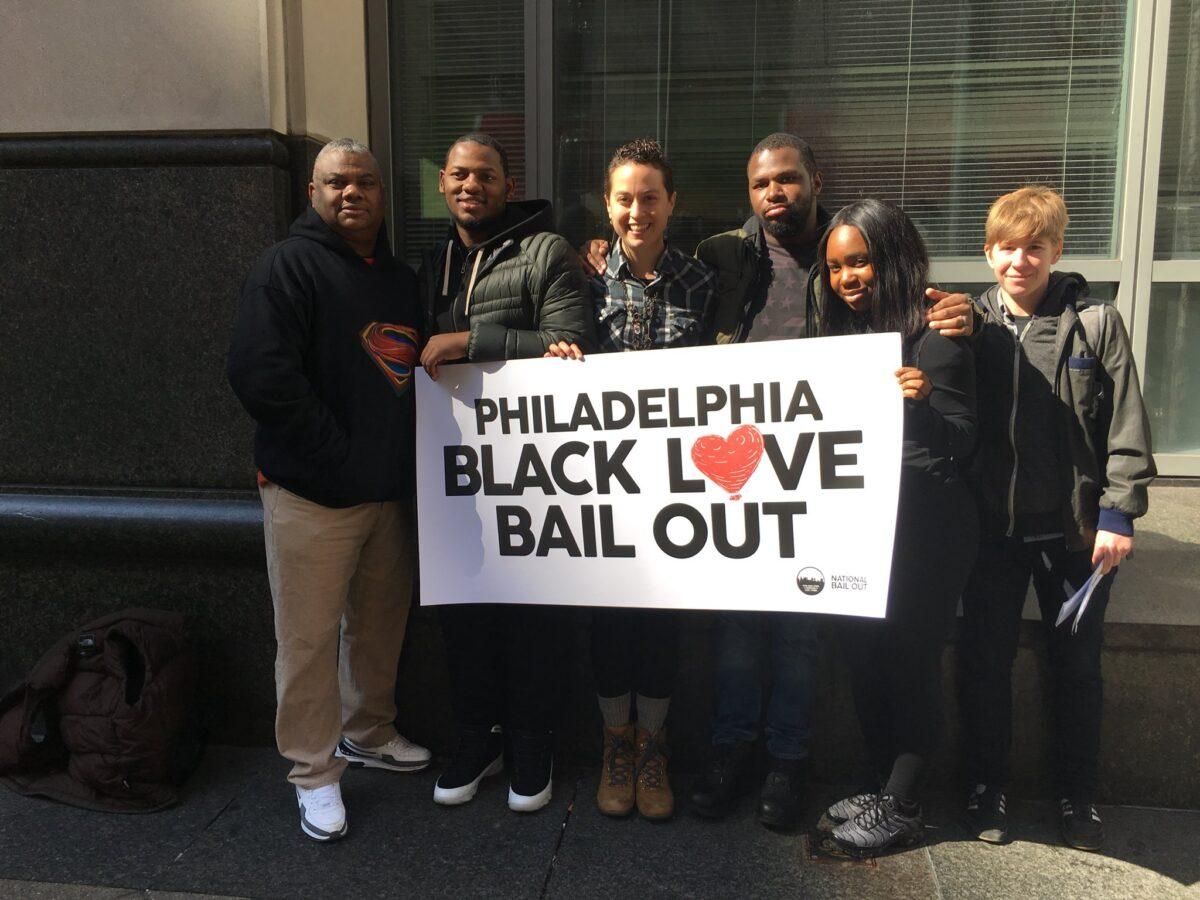
The Black Love Bail Out Aims to Free Poor Defendants — And Teach Others To Do The Same
As part of a growing push to end the use of cash bail, a national movement is calling attention to the plight of defendants held in jail simply because they can’t afford to pay their way out.
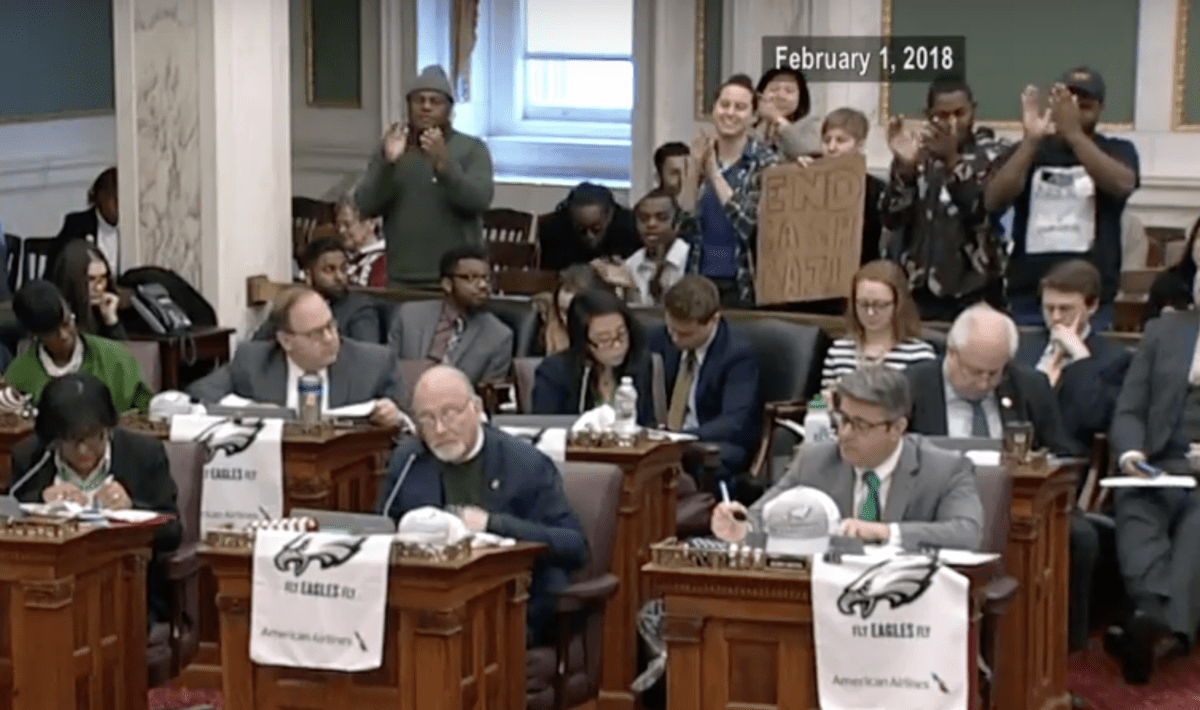
Philadelphia City Council’s Vote in Favor of Ending Cash Bail Bolsters Citywide Push
In early February, the Philadelphia City Council made history: It voted unanimously in favor of ending the use of cash bail. The resolution, passed February 1, urges the district attorney’s office and the courts “to institute internal policies that reduce reliance on cash bail” and called on the state legislature and state Supreme Court to eliminate […]
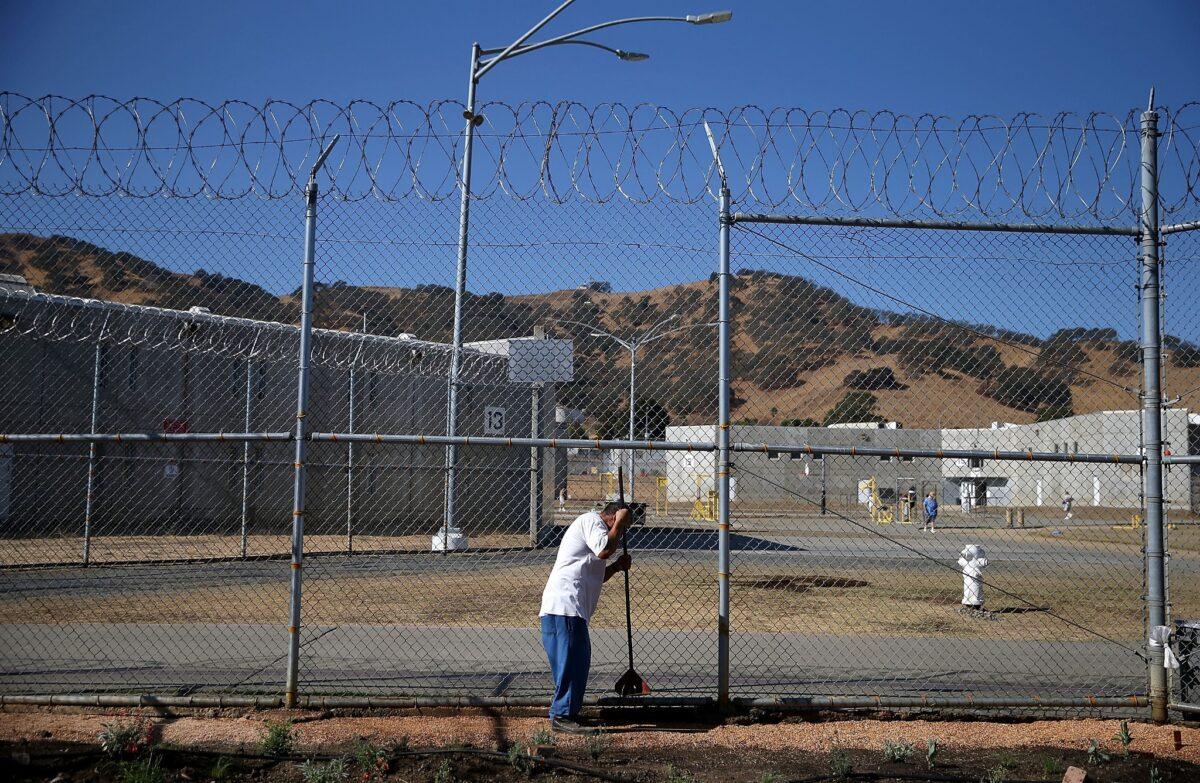
Florida Prisoners are on Strike to Protest Price Gouging and Their ‘Current Slave Arrangement’
Prisoners in Florida are in the midst of a huge and risky protest: They started a strike and boycott on Martin Luther King Jr. Day meant to last through the month. The protest challenges exorbitant prices at canteens; urges Florida to extend parole, as an incentive for good behavior, to all prisoners; and demands payment […]
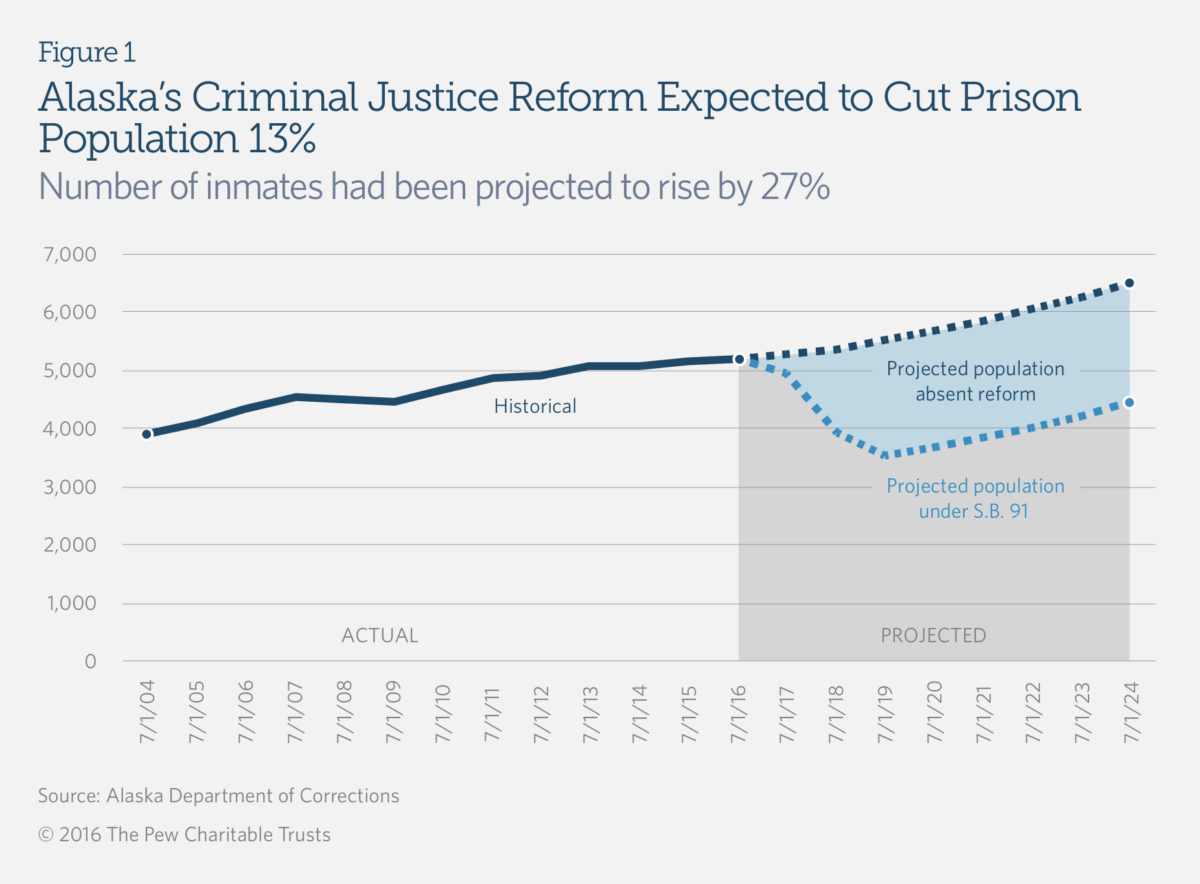
This Deep Red State Just Ended Cash Bail
Alaska’s new comprehensive criminal justice reform law will reduce the prison population by 13% and save taxpayers $380 million.

Are Harris County Officials Trying to ‘Sabotage’ Bail Reform with Misleading Data?
Bail has been operating differently in Harris County, Texas, lately. In April, a judge issued an injunction in response to a lawsuit filed against the county by nonprofits Civil Rights Corps and Texas Fair Defense Project and law firm Susman Godfrey alleging that its practice of jailing people who couldn’t pay bail was unconstitutional. Under […]
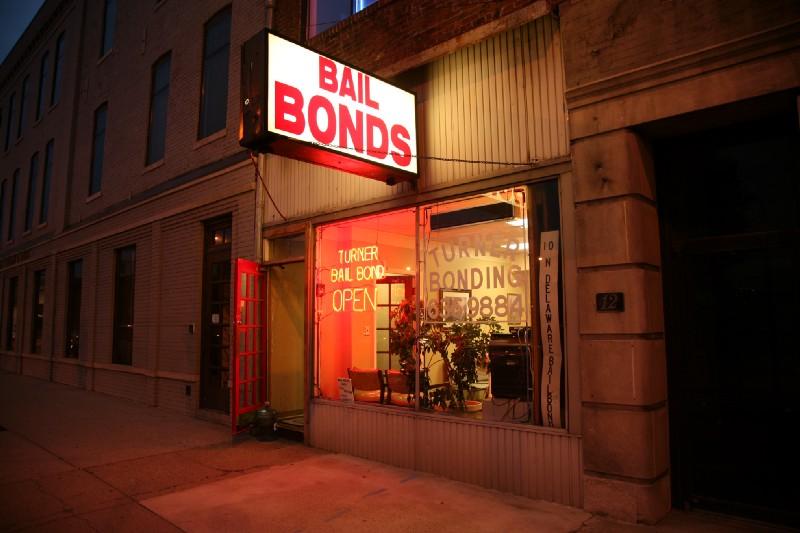
The “Humble Beginnings” of the Sweeping Bail Reforms Enacted by New Jersey
New Jersey has become a national leader in criminal justice reform, particularly around the hot button issue of requiring cash bail. When it passed the Bail Reform and Speedy Trial Act last year, it became one of only three locations in the United States that have virtually eliminated bail as a condition for release when someone is charged with a crime. Yet the state literally stumbled into these efforts, almost by accident, in 2012.
